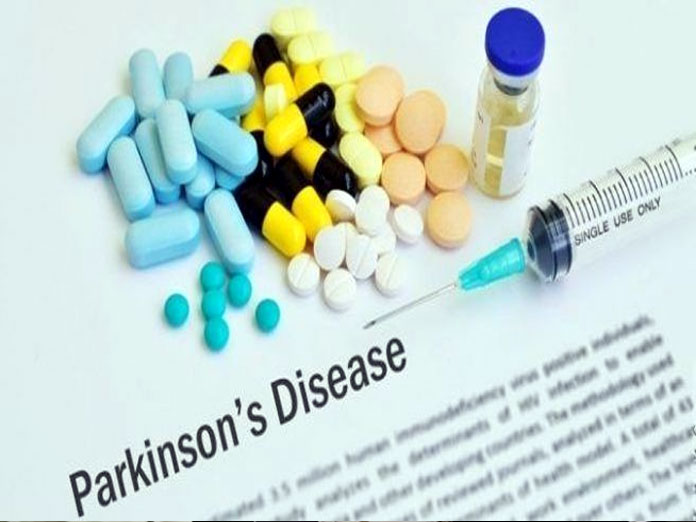Live
- They always want me to win, and now I feel lucky to have been offered a story like ‘Zebra’: Satyadev Kancharana
- ‘Democracy first, humanity first’: PM Modi in Guyana's parliament on two countries' similarities
- PKL Season 11: Telugu Titans register third straight win to top standings
- Is Pollution Contributing to Your COPD?
- NASA Unveils Underwater Robots for Exploring Jupiter's Moons
- Additional Central forces arrive in violence-hit Manipur
- AR Rahman and Saira Banu’s Divorce: Legal Insights into Common Issues in Bollywood Marriages
- 82.7 pc work completed in HPCL Rajasthan Refinery area: official
- Curfew relaxation extended in 5 Manipur districts on Friday
- Tab scam prompts Bengal govt to adopt caution over fund disbursement
Just In
Cell replacement therapies may help treat Parkinson's disease


Cell replacement therapies may help alleviate the symptoms of Parkinsons disease, a progressive disorder that currently has no cure, scientists say
Washington: Cell replacement therapies may help alleviate the symptoms of Parkinson's disease, a progressive disorder that currently has no cure, scientists say.
According to a study published in the Journal of Parkinson's Disease, newly developed stem cell technologies could be used to treat the disease. The most common Parkinson's disease treatment today is based on enhancing the activity of the nigro-striatal pathway in the brain with dopamine-modulating therapies, thereby increasing striatal dopamine levels and improving motor impairment associated with the disease. However, this treatment has significant long-term limitations and side effects.
Stem cell technologies show promise for treating Parkinson's Disease and may play an increasing role in alleviating at least the motor symptoms, if not others, in the decades to come. "We are in desperate need of a better way of helping people with Parkinson's disease. It is on the increase worldwide. There is still no cure, and medications only go part way to fully treat incoordination and movement problems," said Claire Henchcliffe, from Weill Cornell Medical College in the US. "If successful, using stem cells as a source of transplantable dopamine-producing nerve cells could revolutionize care of the Parkinson's disease patient in the future," said Malin Parmar, from Lund University in Sweden.
"A single surgery could potentially provide a transplant that would last throughout a patient's lifespan, reducing or altogether avoiding the need for dopamine-based medications," said Parmar. Researchers have analysed how newly developed stem cell technologies could be used to treat Parkinson's disease, and how clinical researchers are moving very quickly to translate this technology to early clinical trials. In the past, most transplantation studies in PD used human cells from aborted embryos.
While these transplants could survive and function for many years, there were scientific and ethical issues -- foetal cells are in limited supply, and they are highly variable and hard to quality control. Only some patients benefited, and some developed side effects from the grafts, such as uncontrollable movements called dyskinesias. Recent strides in stem cell technology mean that quality, consistency, activity, and safety can be assured, and that it is possible to grow essentially unlimited amounts of dopamine-producing nerve cells in the laboratory for transplantation. This approach is now rapidly moving into initial testing in clinical trials, researchers said. The choice of starting material has also expanded with the availability of multiple human embryonic stem cell lines, as well as the possibilities for producing induced pluripotent cells, or neuronal cells from a patient's own blood or skin cells.
The first systematic clinical transplantation trials using pluripotent stem cells as donor tissue were initiated in Japan in 2018. The first-generation cells are now being trialed and new advances in stem cell biology and genetic engineering promise even better cells and therapies in the future, researchers said. "With several research groups, including our own centres, quickly moving towards testing of stem cell therapies for Parkinson's disease, there is not only a drive to improve what is possible for our patients, but also a realisation that our best chance is harmonising efforts across groups," said Henchcliffe.

© 2024 Hyderabad Media House Limited/The Hans India. All rights reserved. Powered by hocalwire.com






